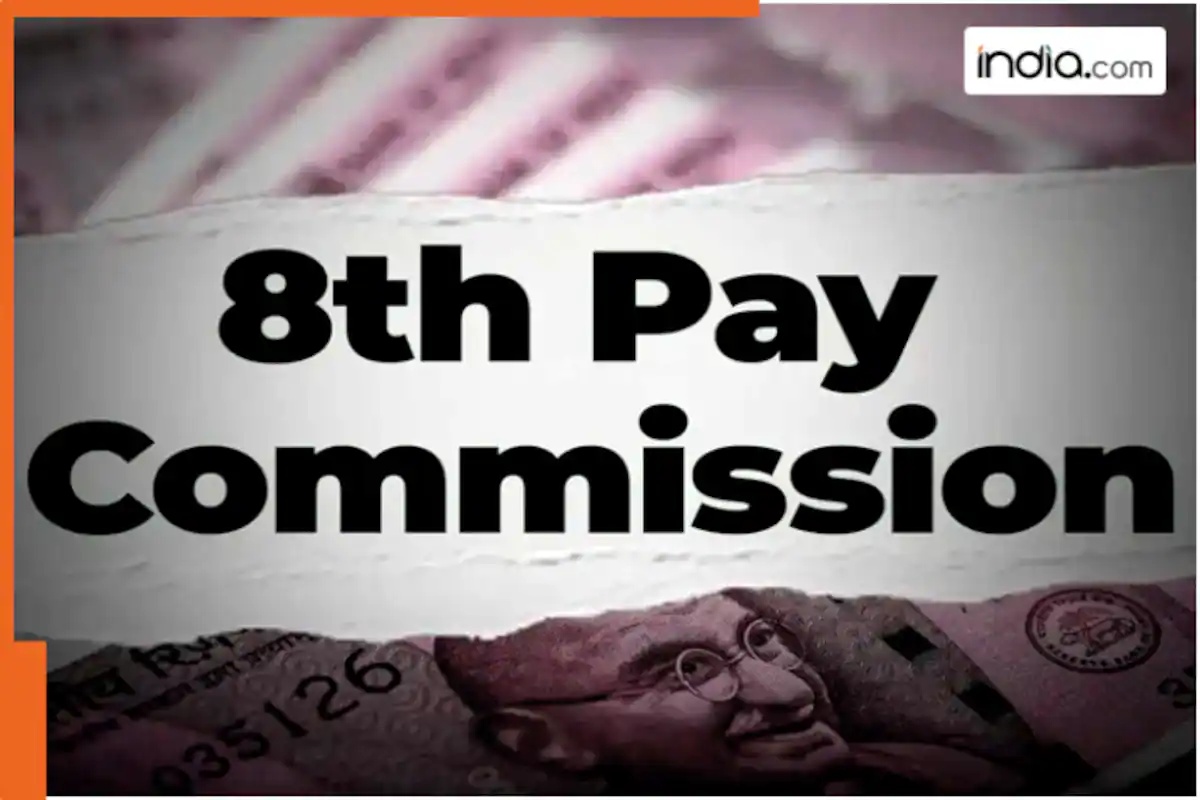
Central Government Employees Face Uncertain Timeline for 8th Pay Commission Reforms
The long-awaited 8th Central Pay Commission has yet to materialize, leaving thousands of central government employees in limbo. Announced in January 2025, the commission’s Terms of Reference (ToR) remain unfinalized, raising concerns about potential delays. Historical patterns suggest a protracted process, with the 7th Pay Commission taking nearly three years to implement. Employees and pensioners, who rely on these revisions for financial stability, are now questioning whether the government will adhere to a similar timeline. While the Modi administration has emphasized transparency, the absence of clear deadlines has fueled speculation about the commission’s fate. The Finance Ministry’s recent statement, acknowledging input from various stakeholders, offers little concrete detail, leaving the public in suspense. As the clock ticks, the need for decisive action becomes increasingly urgent for those dependent on these reforms.
Slow Progress and Pending Decisions Threaten 8th Pay Commission Timeline
Despite the official announcement, the 8th Pay Commission’s progress has been alarmingly slow. Key steps such as appointing a chairman and finalizing the ToR have not materialized, with seven months passing since the initial declaration. This delay has sparked calls for accountability from employee unions and representative bodies, who argue that the lack of clarity undermines public trust. The Finance Ministry’s recent response, while acknowledging ongoing consultations, fails to address the growing frustration. Critics point to the 7th Pay Commission’s 33-month timeline as a cautionary tale, warning that a similar pattern could leave employees waiting until 2028 for implementation. The absence of a formal notification further exacerbates the uncertainty, with stakeholders demanding transparency and a realistic roadmap to avoid prolonged delays.
Historical Context Reveals Potential for Extended Delays
The 7th Pay Commission’s protracted process serves as a stark reminder of the challenges ahead. Announced in 2013, it took nearly three years to implement, with the ToR issued five months later and recommendations finalized over 20 months. This 27-month gap between ToR notification and implementation has raised concerns about the 8th Pay Commission following a similar trajectory. If the government issues the ToR by August 2025, as speculated, the implementation could be delayed until January 2028. While officials insist the process may differ, the current delays suggest a potential repeat of past inefficiencies. Employees, who have already endured years of stagnation, are now urging the government to prioritize timely reforms to avoid further financial strain.
Employee Advocacy and Calls for Transparency
Employee unions and advocacy groups have intensified their demands for clarity, arguing that the prolonged delay undermines public confidence. The Finance Ministry’s vague assurances have failed to address the root concerns of those affected, prompting calls for a more proactive approach. With the 8th Pay Commission’s ToR still pending, stakeholders are urging the government to expedite the process and provide a realistic timeline. The potential for retrospective revisions, as reported in media outlets, adds another layer of complexity, raising questions about how these changes will impact existing benefits. As the debate continues, the need for decisive action remains paramount, with employees and pensioners relying on these reforms for financial security.
Challenges Ahead and the Need for Timely Resolution
The 8th Pay Commission’s delayed implementation highlights systemic challenges in bureaucratic decision-making. While the government maintains that consultations are ongoing, the lack of a clear timeline has left employees in limbo. The potential for a repeat of the 7th Pay Commission’s timeline underscores the urgency of addressing these delays. With the ToR still pending, stakeholders are demanding a transparent process that prioritizes the needs of central government employees. The financial implications of prolonged delays could have far-reaching effects, emphasizing the need for timely reforms. As the debate continues, the government faces mounting pressure to deliver on its promises and ensure that the 8th Pay Commission’s recommendations are implemented without further delay.




